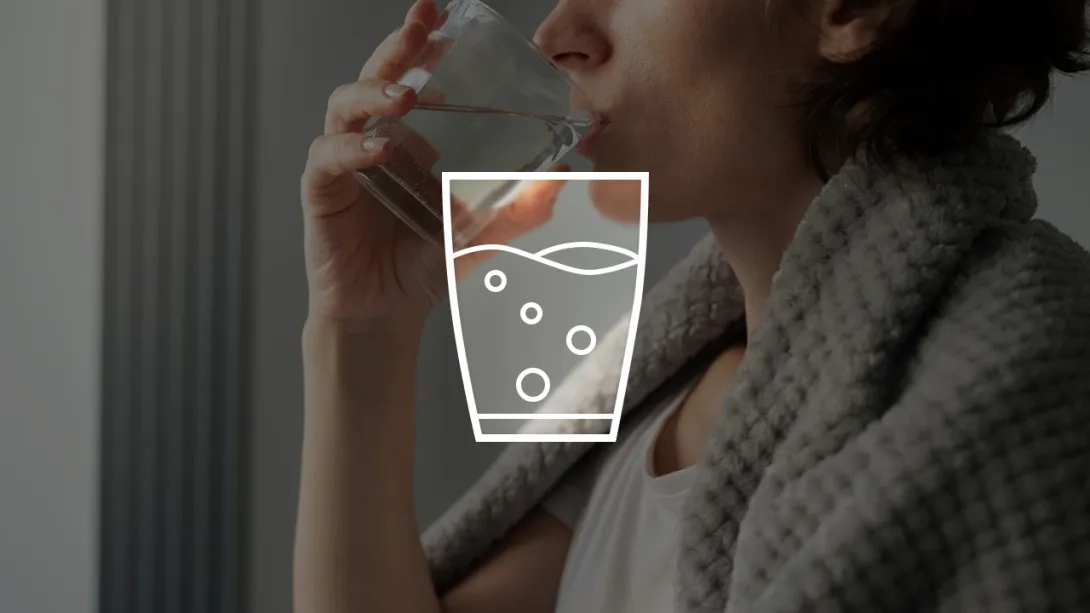Dehydration is a disruption of the water-salt balance accompanied by a deficiency of water in the body. It is important to know that there is never just a lack of water; it is always accompanied by problems with salt metabolism.
There are two types of dehydration: caused by external factors and directly related to kidney function.
The main external causes of dehydration include:
Loss of water from the gastrointestinal tract (severe vomiting, diarrhea). This is typical of infectious diseases, for example, rotavirus infection and other types of intestinal viruses very often cause dehydration in children.
Excessive sweating through the skin; this type of dehydration often accompanies active physical activity and staying in hot rooms or outdoors, and can also be observed with acute respiratory viral infections (ARVI). Therefore, even during coronavirus infection, doctors recommend consuming more water.
Burns — when the skin is damaged, a lot of moisture is lost.
Bleeding: as you know, human blood can consist of more than 80% water, so significant blood loss will lead to dehydration.
As for the causes of dehydration caused by kidney function, they include certain diseases (chronic renal failure, acute renal failure, diuresis in diabetes mellitus, etc.), as well as excessive use of diuretics and artificial suppression of antidiuretic hormone.

Symptoms of dehydration
A lack of water in the body is determined by several specific signs:
Dry mucous membranes (primarily the tongue);
Thirst;
Infrequent urination, dark urine;
Decreased skin elasticity;
Little saliva formation;
No tears when crying;
Difficulty swallowing and hoarseness of voice;
Sudden weight loss;
Decreased blood pressure;
Fever and seizures may occur.
Types of dehydration
Mild — with a fluid deficit of 1-2 liters, manifested by thirst and low urination.
Moderate (fluid deficit of 4-5 liters) — characterized by thirst, reduced urination or its absence, dry skin, mucous membranes, and tongue, general weakness.
Severe (deficit of 7-8 liters) — decreased blood pressure with increased pulse, loss of consciousness, shock state.

Home treatment of dehydration can be applied only to mild and (to a limited extent) moderate cases. For this, rehydration therapy is used in the form of solutions containing special electrolytes. They allow for more effective and faster restoration of water in the body.
As for severe cases, they require intravenous fluid administration. The most common drug is sodium chloride solution, i.e., the usual saline solution, as well as other salt and colloidal solutions.
To prevent dehydration, it is important to monitor the drinking regimen, especially on hot days and during sports activities, as well as in cases of gastrointestinal diseases accompanied by vomiting and diarrhea.








